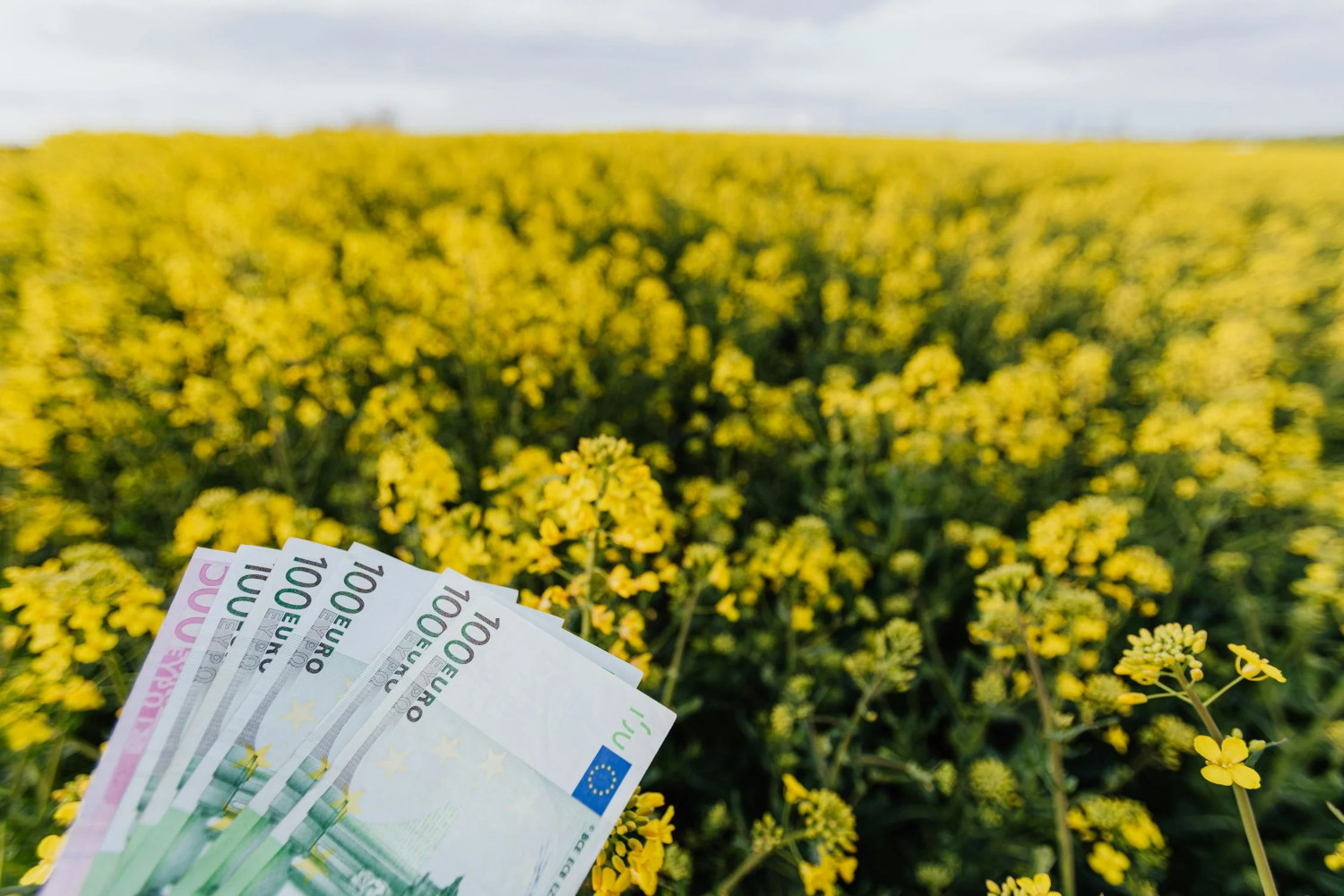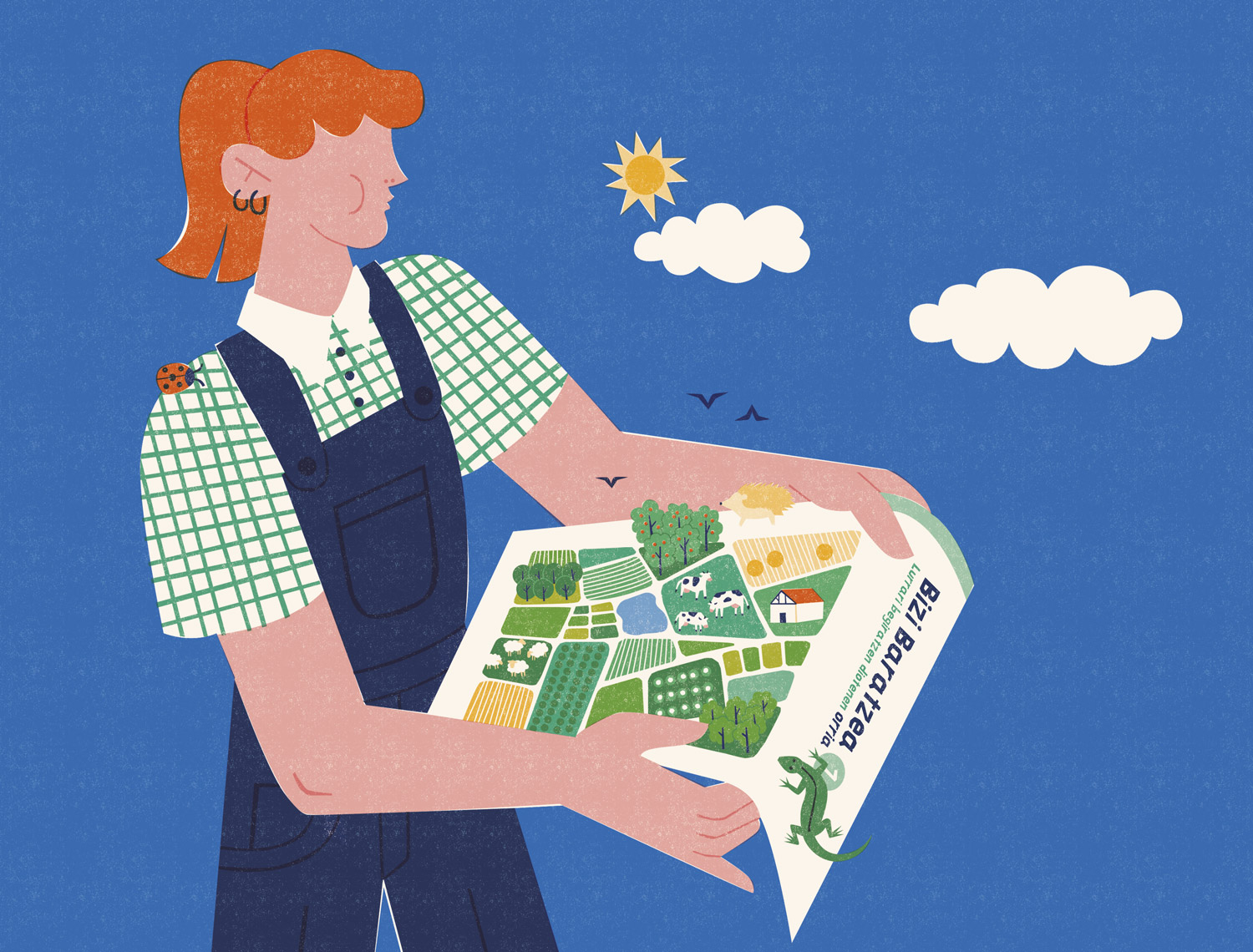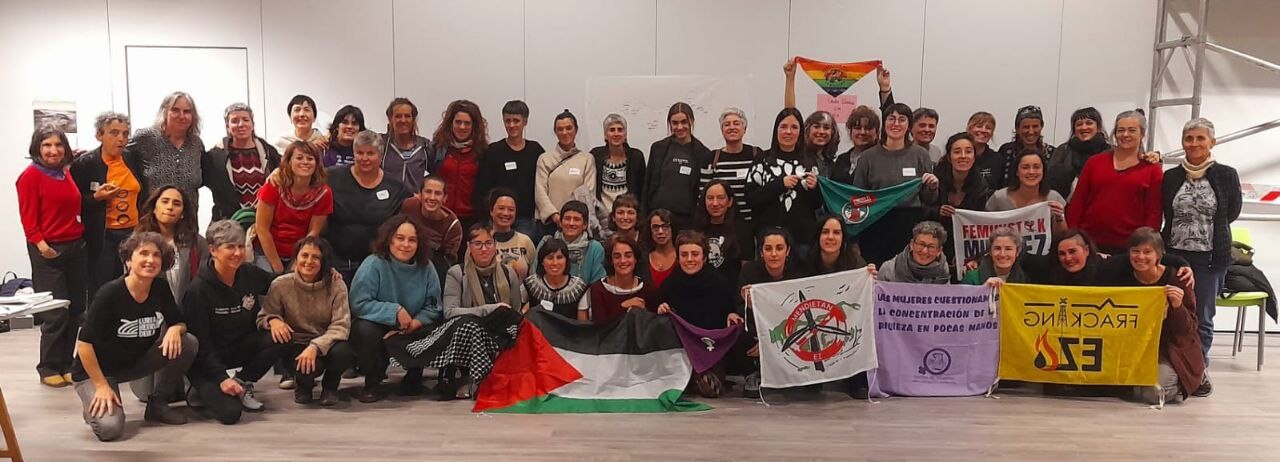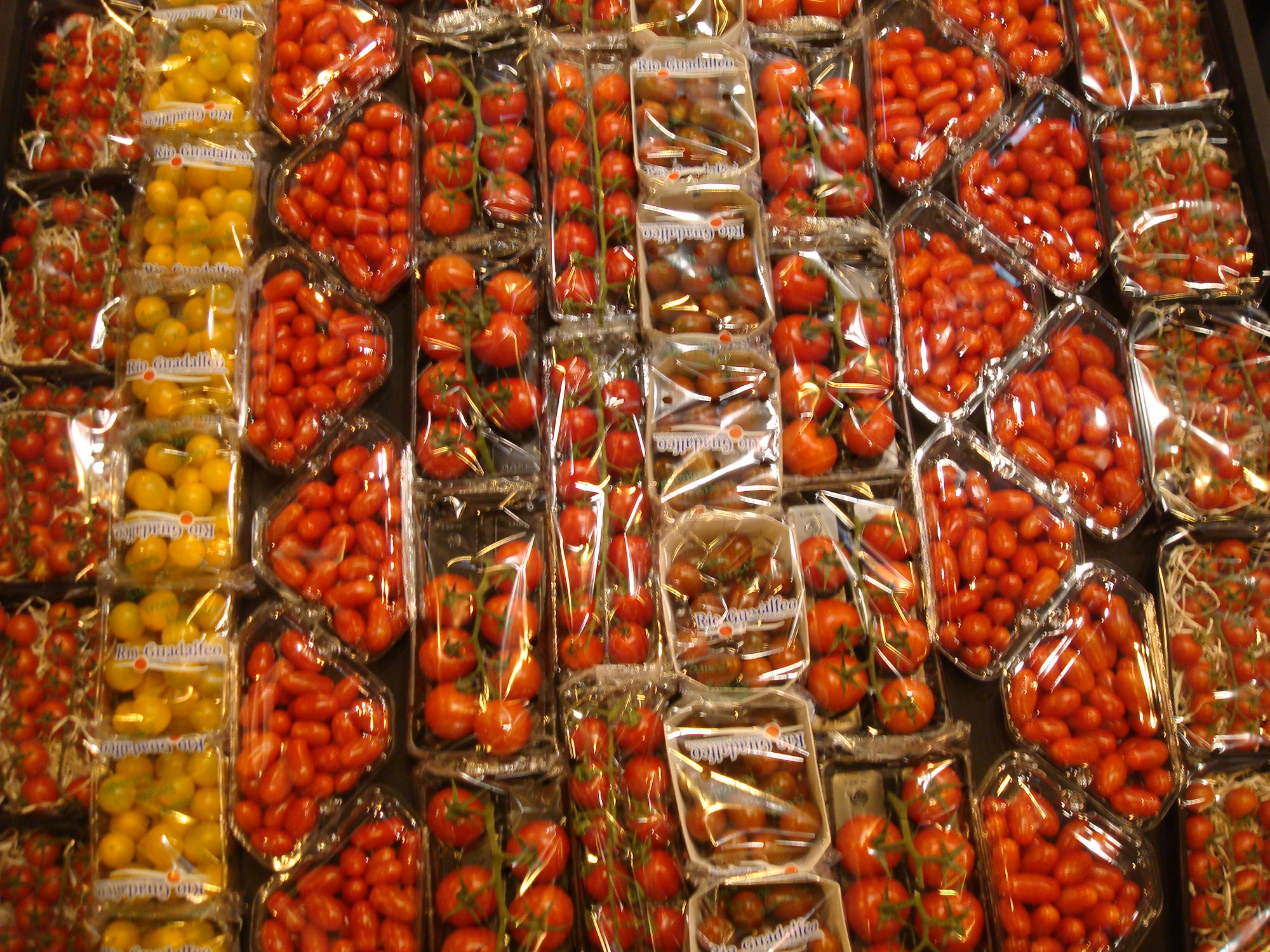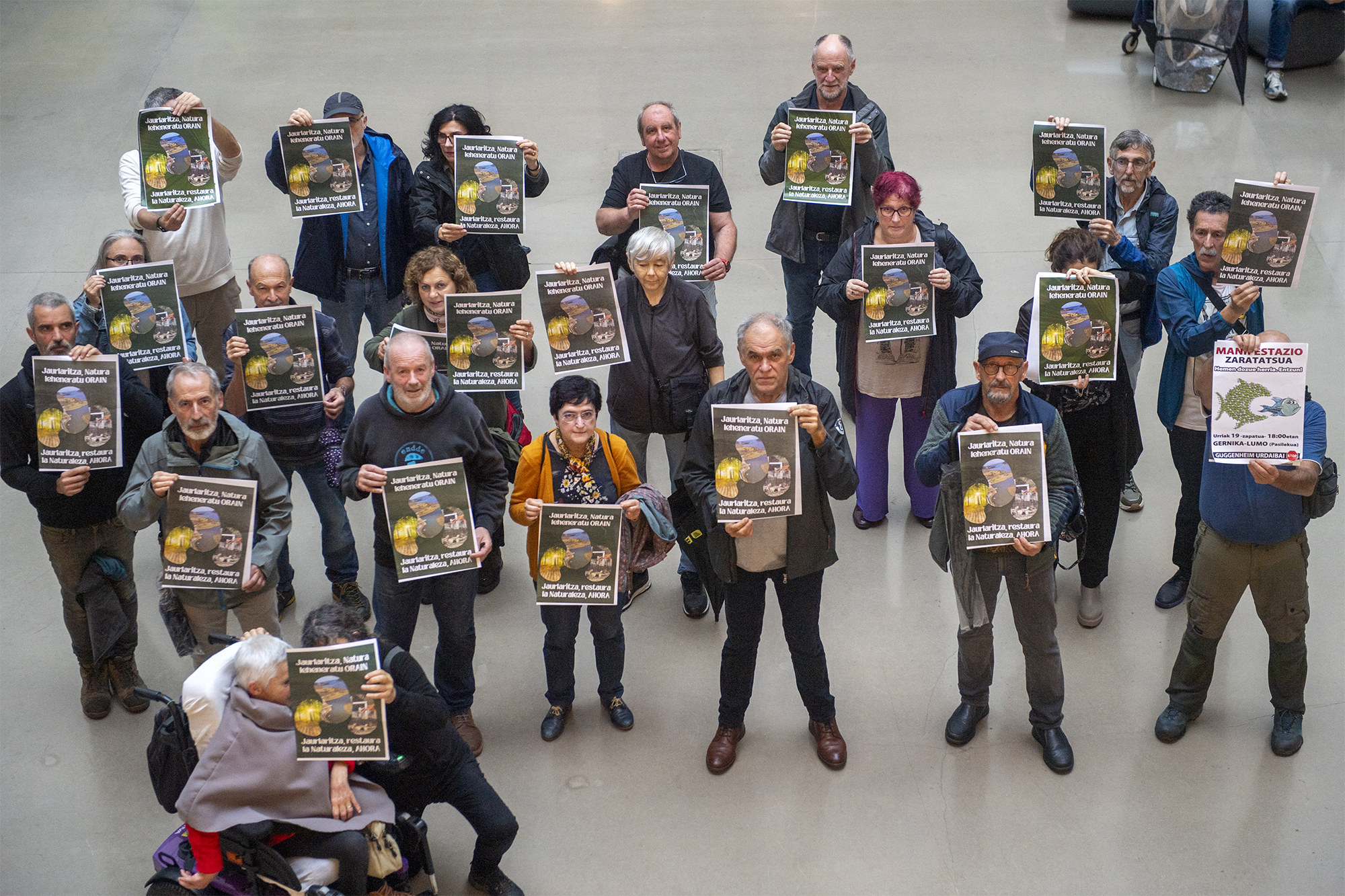Pseudo-ecological enemy of agroecology?
- When the negative impacts of the climate crisis are so obvious, we are only indirectly concerned. There is a correlation of forces that maintains bottom-up agroecological projects at constant tension and increases the commodification of organic foods through greenwashing.

Paradoxical scenarios are common that show us scientific evidence: human activity has led us to overcome six of the Earth's nine borders and its transgression would not guarantee the continuity of life so far known. The truth is that there is a correlation of forces so that we are only indirectly influenced by similar news, and instead of questioning the structures of power, we seem to naturally pick up the slap.
As this correlation of forces increases the Greek authorities, projects that reach the lowest level are in full tension with private and public agents who show no commitment to change the logic of the Hegemonic Food System. Besides the existence of spaces of tension and struggle between different models, these private and public agents are responsible for assuming the discourse constructed from Agroecology, although they refer to "climate-smart agriculture", "sustainable intensification" or "pressive agriculture".
We don't have to go back so many years to find similar facts. We should look at the direction taken by the eco-label created to reduce the negative effects of the Industrial Food System. This experience has shown us the ability of large food corporations to modify the regulation of organic farming, creating a scenario of large-scale “organic” monoculture mercantilization, based on the logic of substituting substances that can be used in agriculture. Currently, the sale of organic food is in the hands of General Mills and Danone. In short, agroecology is conceived as a practice of tuning industrial agriculture, without any interest in addressing structural (socio-economic) imbalances.
This correlation of forces that concentrates power in less and less hands is supported by institutions such as governments, the media or the educational system. It is thus difficult to maintain in the long term the agri-ecological projects that seek to transform the Food System from public institutions, in this context we put what happened last year in the Navarro Council of Organic Agriculture (NNPEK). We have realized that, to the extent that it has demonstrated its ability to strengthen cooperation between the Agroecological farmers of Navarra, they have set up a supply and logistics centre (Ekoalde project), or with agroecological criteria in the catering documents of the children's schools of Pamplona (Hemengoa project), as well as opening the door to privatization, they have internally emptied the Council.
2020. urteko udaberrian lorategigintzak eta ortugintzak hartutako balioa gogoan, aisialdi aktibitate eta ingurune naturalarekin lotura gisa. Terraza eta etxeko loreontzietan hasitako ekintzak hiriko ortuen nekazaritzan jarraitu du, behin itxialdia bareturik. Historian zehar... [+]
Euskal Herri mailan txikitik handira agroekologia sustatzen duten zenbait elkarte eta kooperatiba ataka larrian daude, finantziazio iturriak bertan behera geratu ostean. Erakunde publikoetatik, berriz, elikadura negozio gisa ikusten duten proiektuen aldeko apustu irmoa nabari... [+]
Gaur abiatu da Bizi Baratzea Orrian kide egiteko kanpaina. Urtaro bakoitzean kaleratuko den aldizkari berezi honek Lurrari buruzko jakintza praktikoa eta gaurkotasuneko gaiak jorratuko ditu, formato oso berezian: poster handi bat izango du ardatz eta tolestu ahala beste... [+]
Iruñean bizi ziren Iñaki Zoko Lamarka eta Andoni Arizkuren Eseberri gazteak, baina familiaren herriarekin, Otsagabiarekin, lotura estua zuten biek betidanik. “Lehen, asteburuetan eta udan etortzen ginen eta duela urte batzuk bizitzera etorri ginen”, dio... [+]
Gipuzkoako hamaika txokotatik gerturatutako hamarka lagun elkartu ziren otsailaren 23an Amillubiko lehen auzo(p)lanera. Biolur elkarteak bultzatutako proiektu kolektiboa da Amillubi, agroekologian sakontzeko eta Gipuzkoako etorkizuneko elikadura erronkei heltzeko asmoz Zestoako... [+]
Emakume bakoitzaren errelatotik abiatuta, lurrari eta elikadurari buruzko jakituria kolektibizatu eta sukaldeko iruditegia irauli nahi ditu Ziminttere proiektuak, mahai baten bueltan, sukaldean bertan eta elikagaiak eskutan darabiltzaten bitartean.
Ibon galdezka etorri zait Bizibaratzea.eus webguneko kontsultategira. Uda aurre horretan artoa (Zea mays) eta baba gorria (Phaseolus vulgaris) erein nahi ditu. “Arto” hitza grekotik dator eta oinarrizko jakia esan nahi du, artoa = ogia; arto edo panizo edo mileka... [+]









